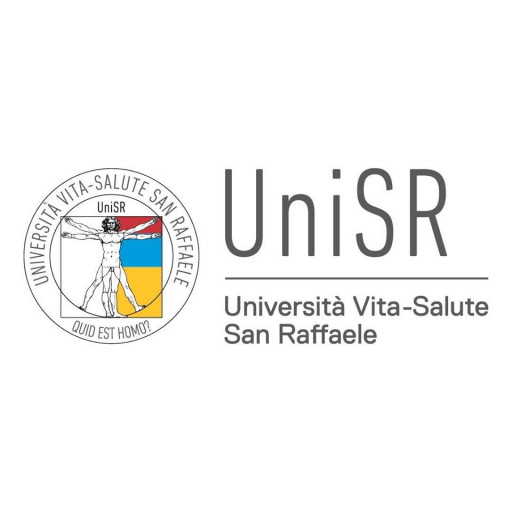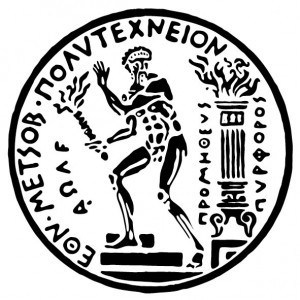Photos of university / #newcastleuni
Program Overview: BSc Marine Technology at Newcastle University Medicine Malaysia
The BSc Marine Technology programme at Newcastle University Medicine Malaysia is a comprehensive undergraduate degree designed to equip students with the essential knowledge and practical skills required for a successful career in the maritime industry. This innovative programme combines rigorous academic coursework with practical training, ensuring graduates are well-prepared to meet the challenges of the evolving maritime sector.
Throughout the course, students will explore a wide range of topics including ship design and construction, marine navigation, marine engineering, offshore engineering, maritime safety and environmental protection, and marine electronics. The curriculum is developed in collaboration with industry leaders to ensure relevance and to provide students with insights into current trends and technological advancements in marine technology. Emphasis is placed on both theoretical understanding and hands-on experience, with laboratory sessions, workshops, and industry placements integrated into the programme.
Students will also develop vital skills such as problem-solving, critical thinking, teamwork, and effective communication, which are essential for roles in engineering, maritime operations, and management. The programme offers opportunities for internships and industry visits, fostering real-world experience and professional networking. Additionally, students will have access to state-of-the-art laboratories and simulation facilities, enabling them to apply their learning in realistic maritime settings.
Graduates of the BSc Marine Technology programme will be well-positioned to pursue careers in various sectors including shipbuilding, marine engineering, offshore oil and gas, maritime consultancy, and logistics. They may also choose further education or research in marine sciences or engineering disciplines. The programme’s strong focus on practical skills, industry engagement, and cutting-edge technology ensures that students acquire the expertise needed in a competitive global industry.
With its strategic location in Malaysia and collaboration with international maritime organizations, Newcastle University Medicine Malaysia provides a unique environment that fosters global outlook and cross-cultural understanding, further enriching the student experience. The BSc Marine Technology programme is an ideal choice for motivated individuals passionate about the sea, marine engineering, and innovative maritime solutions, seeking a dynamic and rewarding career in the maritime industry.
Contents
Our Science, Agriculture and Engineering Graduate School provides a comprehensive training programme in professional/key skills and research techniques, supports personal development, and hosts postgraduate events.
The Bachelor of Science in Marine Technology at Newcastle University Medicine Malaysia requires applicants to possess a strong academic background in science and mathematics, typically demonstrated through SPM or equivalent qualifications with credits in relevant subjects. Prospective students should have completed high school education with a focus on Physics, Mathematics, and Chemistry or Biology, ensuring a solid foundation for understanding technical and scientific concepts integral to marine technology. English language proficiency is mandatory, with acceptable tests including IELTS, TOEFL, or equivalent, usually requiring an IELTS score of at least 6.0 or TOEFL score of 79.80. Prior experience or knowledge in engineering or marine-related fields can be advantageous but is not compulsory. In addition to academic qualifications, applicants may need to submit personal statements, letters of recommendation, and demonstrate motivation for pursuing a career in the marine industry. The program may also include specific prerequisites such as practical skills assessments or interviews to evaluate candidates' suitability for a rigorous technical curriculum. The curriculum encompasses core modules in marine engineering, naval architecture, marine systems, environmental science, and safety procedures, aiming to equip students with the technical expertise and practical skills required for careers in ship design, marine operations, and maritime industries. Students are expected to participate in laboratory work, workshops, and industry placements to gain hands-on experience. The admission process is competitive, and applicants are advised to ensure that their academic records and supporting documents meet the university's standards. Successful candidates will need to meet visa requirements for international students, if applicable, and commit to full-time study for the duration of the program, which typically spans three to four years. Throughout their studies, students will be assessed through examinations, coursework, project work, and practical assessments to ensure they acquire the competencies needed for professional practice.
There is no specific information available regarding the financing options for the Marine Technology programme at Newcastle University Medicine Malaysia. Typically, university programmes offer a range of funding opportunities, including scholarships, bursaries, and financial aid packages, which may be merit-based, need-based, or targeted towards specific student groups. Newcastle University Malaysia often provides various scholarships for both local and international students, which may cover partial or full tuition fees, depending on eligibility criteria and competitive selection processes. Additionally, students may be able to access government grants or external funding sources, depending on their country of residence and individual circumstances. It is common for students to consider personal savings, family support, education loans, or sponsorships from organizations or employers as means of financing their studies. Applicants are encouraged to contact the university's admissions or financial aid office directly to obtain detailed, up-to-date information regarding the available financial support options, application procedures, and deadlines specific to the Marine Technology programme. Moreover, prospective students should explore external scholarship portals and governmental programmes that support students pursuing engineering and technology degrees, as these can significantly offset the costs associated with international higher education. Being proactive in seeking financial assistance and understanding the full scope of funding possibilities can facilitate a smoother educational journey at Newcastle University Malaysia.
The BSc Marine Technology program at Newcastle University Medicine Malaysia is a comprehensive undergraduate degree designed to prepare students for careers in the maritime and marine engineering industries. The programme encompasses a broad range of subjects, including marine engineering principles, naval architecture, maritime operations, and marine systems. Students gain a robust understanding of ship design and construction, marine propulsion systems, and the management of marine vessels and equipment. The curriculum integrates theoretical coursework with practical training, often including laboratory work, simulations, and industry placements to ensure students develop both academic knowledge and hands-on skills. The program is structured to provide a solid foundation in the core aspects of marine technology while also emphasizing the importance of safety, environmental considerations, and sustainability in marine operations. Students have access to modern facilities and laboratories equipped with industry-standard equipment, fostering an environment of experiential learning. Collaboration with the maritime industry is a key feature of the programme, enhancing students' employability and ensuring that the curriculum remains aligned with current industry practices and technological advances. Graduates of the BSc Marine Technology often find employment in shipping companies, marine engineering firms, port authorities, and maritime consultancy firms. They may work as marine engineers, technical managers, or in roles related to vessel design and maintenance. The program aims to develop students' problem-solving, analytical, and leadership skills, preparing them for the technical and managerial challenges of the marine sector. The program duration typically spans three to four years, depending on the study pathway and any optional industrial placements. It is designed to meet the accreditation standards of relevant professional bodies in the maritime industry, supporting students' professional development and certification prospects. Overall, the BSc Marine Technology at Newcastle University Medicine Malaysia offers a rigorous academic experience combined with practical industry exposure, fostering competent and innovative graduates ready to contribute to the evolving maritime sector.










